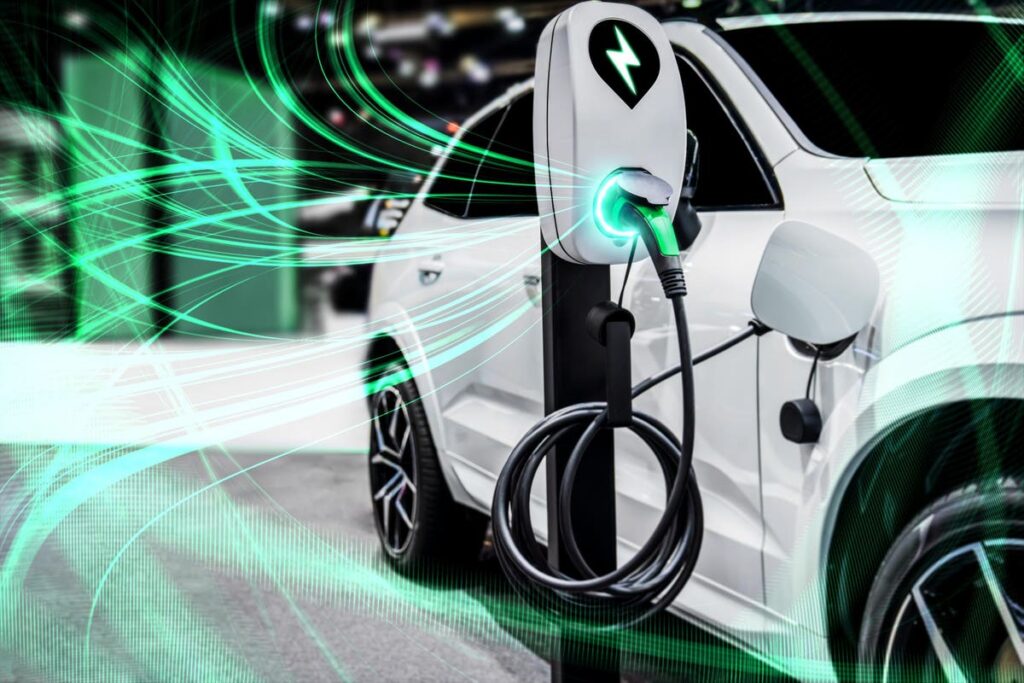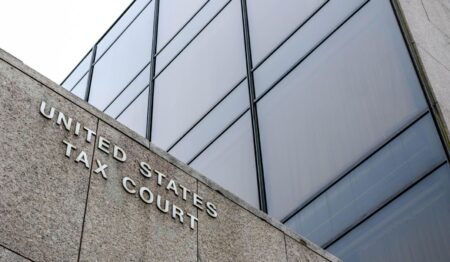The adoption of electric vehicles is on the rise among businesses and consumers, driven by the goal of reducing carbon emissions. According to the European Green Deal, the European Commission aims to have at least 30 million zero-emissions cars on European roads by 2030. To support this transition, new business models have emerged, offering tailored services to electric vehicle owners. These business models focus on assisting drivers in finding charging stations and facilitating their use. One such model involves a charge point operator (CPO) who owns or operates charging stations, and an e-mobility service provider (EMSP) who offers subscription-based services to the electric vehicle owners, such as an app for locating and booking charging slots. The EMSP bills the driver for all activities and the electricity consumed.
Although it is crucial that taxes, like value added tax (VAT) do not hinder business models that contribute to carbon reduction, there are still unanswered questions about the tax treatment of transactions between CPOs, EMSPs, and electric vehicle owners.
Non-binding guidance
In June 2019 and April 2021, the EU VAT Committee discussed the topic of electric vehicle charging and unanimously agreed on how to treat its key aspects from a VAT perspective. The consensus was that the overall supply of charging services for electric vehicles, including remote reservation, access to web portals and battery recharging, should be treated as a single supply for VAT purposes. It was agreed that this supply qualifies as a supply of electricity as the transmission of electricity constitutes the predominant element of the transaction.
The EU VAT system has specific rules regarding the supply of electricity. Firstly, electricity is regarded as tangible property (goods). This means that a supply of electricity takes place when the purchaser receives the right to dispose of electricity as the owner. Secondly, the rules for determining the place of supply differentiate between sales to taxable dealers (entities that purchase and resell electricity) and sales to other persons. When supplying electricity to taxable dealers, the transaction is subject to VAT at the location of the taxable dealer. On the other hand, when supplying electricity to persons who are not taxable dealers, VAT is applicable based on the location where the customer effectively uses and consumes the electricity. Thirdly, in EU cross-border situations, VAT-registered businesses are liable to pay VAT under the reverse charge regime if they receive electricity from a seller established in another EU country.
The VAT Committee concluded that there is a chain supply of electricity from the CPO to the EMSP and from the EMSP to the vehicle owner. Regarding the place of taxation, the VAT Committee Guidelines state that the supply of electricity by the CPO to the EMSP is deemed to be made where the EMSP has established its business as EMSP is considered a taxable dealer for VAT purposes. As for the supply from the EMSP to the electric vehicle owner, the VAT will be charged where the customer uses and consumes the goods, which is the location of the charging terminal. This implies that EMSPs must have VAT registrations in every country where their charging stations are located.
While the EU VAT Committee Guidelines can offer valuable guidance and serve as a useful reference for businesses, it’s important to note that they are non-binding. Many EU member states still have not issued any domestic legislation or guidance confirming the approach outlined in the Guidelines. Consequently, businesses lack legal certainty regarding the VAT treatment of electric vehicle charging.
Although the VAT Committee Guidelines assume that the right to dispose of electricity is transferred from the CPO to the EMSP, who then transfers ownership to the driver, an alternative approach, where the driver obtains electricity directly from the CPO is also worth considering. As EMSPs do not have decision-making power or control over the electricity flow, it is questionable whether they are able to transfer the right to dispose of electricity as the owner to the vehicle owner. Additionally, for a chain supply of electricity from the CPO to the EMSP and from the EMSP to the vehicle owner to be present, the services provided by the EMSP must be identical to those sold by the CPO, which is not the case.
Court decision
Some of the conclusions reached by the VAT Committee were confirmed by the Court of Justice of the European Union (CJEU) in a recent judgment. The case involved a company that operated publicly accessible charging stations for electric vehicles and provided a platform to reserve charging slots and view transactions and payment history. The company charged a single price for all these services based on the loading time. The CJEU determined that, from a VAT perspective, all the services provided by the company to electric vehicle users are considered a single supply of electricity. The CJEU based this decision on the perspective of an average user of recharging services, whose primary objective is to recharge the vehicle. The other services provided are just means of better enjoying the supply of electricity. Therefore, the transmission of electricity constitutes the predominant element of the transaction, and any technical support or ancillary services (such as access to recharging devices or reservation apps) must follow the tax treatment of the predominant element.
VAT in the Digital Age
If there is a chain supply of electricity and EMSPs are considered to be selling electricity to vehicle owners, they are required to have VAT registrations in every EU country where their charging stations are located. Unfortunately, EMSPs cannot take advantage of the One Stop Shop, which simplifies the tax compliance process by allowing businesses to register and report all eligible cross-border sales in their home country. As a result, conducting business in multiple EU member states creates significant VAT compliance burdens and costs. Estimates suggest that obtaining a VAT registration in another member state can cost at least €1,200, with annual compliance costs ranging between €2,400 and €8,000.
The EU reform proposals under the “VAT in the Digital Age” (ViDA) initiative aim to reduce the need for businesses to register abroad. The proposed measures will expand the coverage of the One Stop Shop and eliminate the requirement for EMSPs to register in multiple countries. Instead, EMSPs will be able to report all their sales of electricity to private individuals across the EU in a single VAT return to be submitted to the tax administration of their home country. It is important to note that EMSPs selling electricity to businesses in other member states do not have foreign tax obligations. These sales fall under mandatory reverse charge rules, meaning that the customer is responsible for accounting for the tax.
Comments
The e-mobility sector is a rapidly evolving industry with a cross-border focus and multiple parties involved in the value chain. It is crucial to ensure that VAT does not become a barrier to the future growth of electric vehicle charging and does not undermine the EU’s Green Deal Agenda.
The EU Commission’s “VAT in the Digital Age” initiative, which includes the extension of the One Stop Shop for the e-mobility sector, is a positive development as it will eliminate the need for EMSPs to register in every country where charging takes place. However, there is still a need for more clarity regarding the VAT treatment of three-party transactions. The recent CJEU judgment did not address the classic scenario where an EMSP intermediates between the CPO and the user. Therefore, the question remains whether there is a chain supply of electricity in a three-party relationship or if the CPO directly supplies electricity to the user, with the EMSP merely providing services.
The opinions expressed in this article are those of the author and do not necessarily reflect the views of any organizations with which the author is affiliated.
Read the full article here













